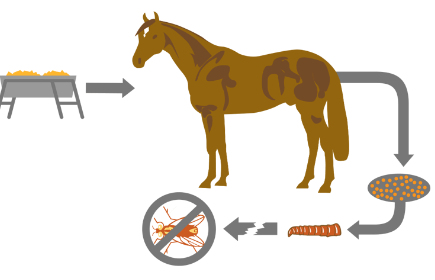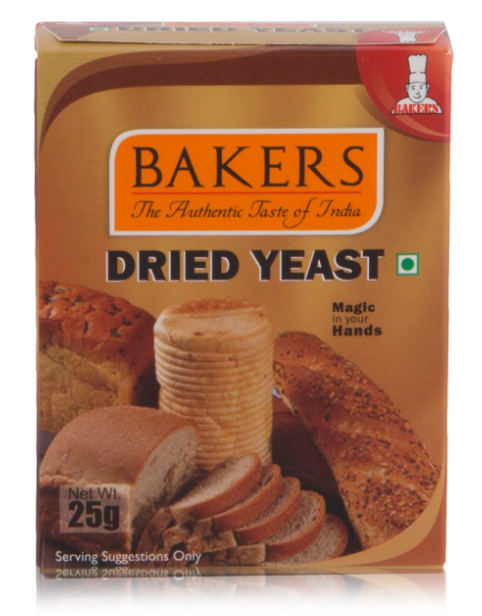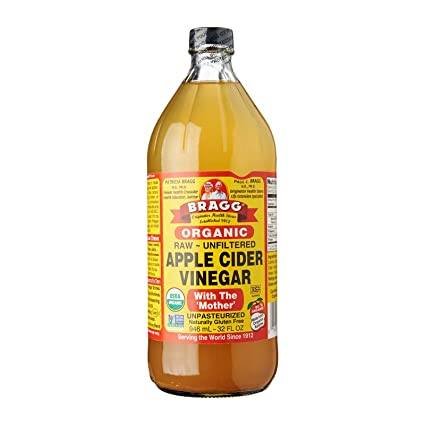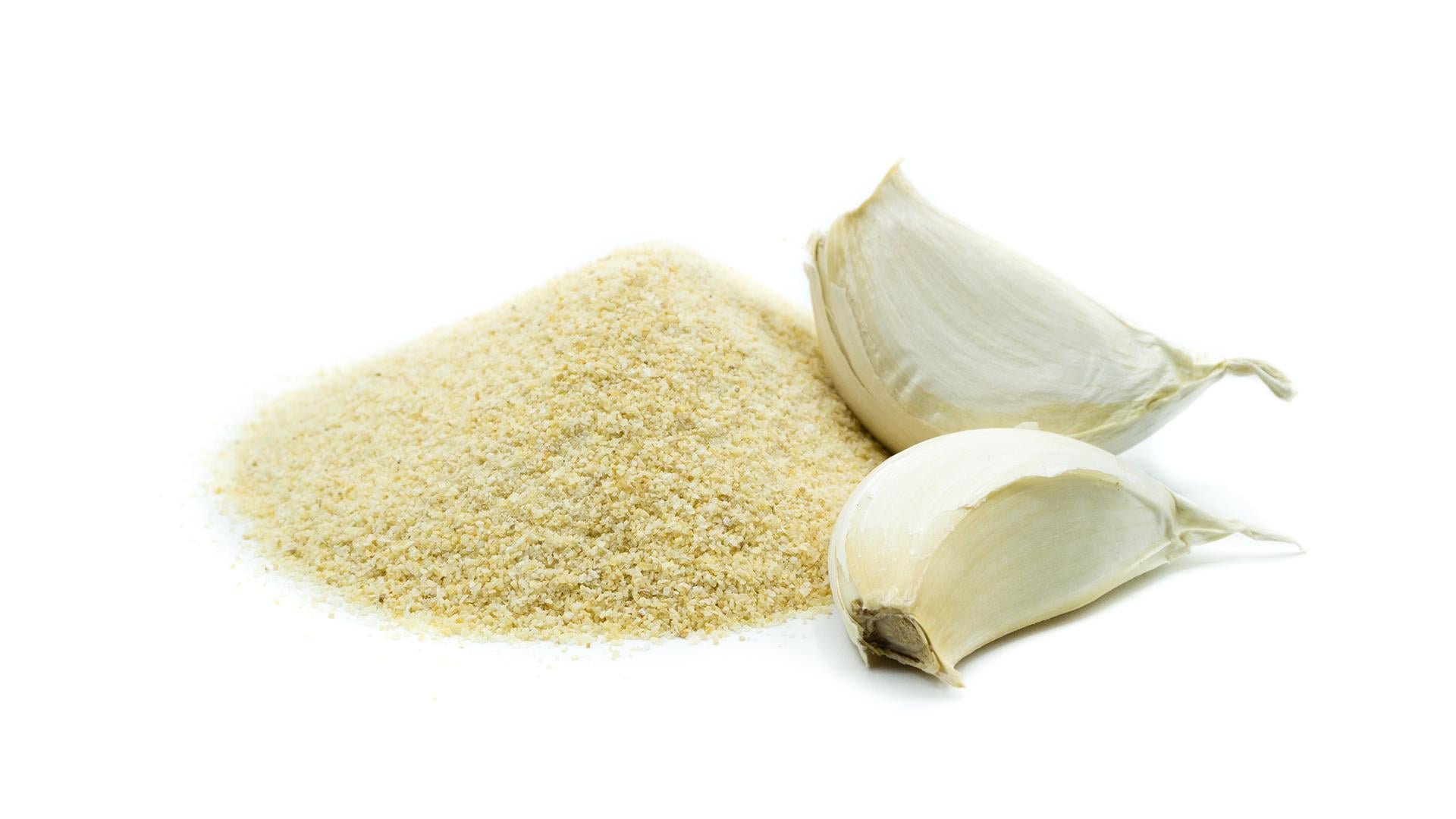Feed Through Fly Control
6/7/20
“Can you feed your horse something to keep the flies away? Let’s explore this...”
The simple answer is yes!
The answer when you put on your scientist hat and consider how and where flies breed, other fly control measures that are in place on the property, the fly situation at your neighbor's house (yes flies travel!), the manure management program, etc.... the answer is maybe! Let's explore the "yes" first.
There are several supplements on the market which promote fly control. I like to split these into two categories. The first category consists of feed-through active ingredients. These ingredients are fed and are not intended to be digested, but they are intended to end up intact in the manure. Because those pesky flies that bite our horses lay their larvae in manure, these ingredients do their job by disrupting the fly larvae found on manure and keeping them from maturing into adult flies. These active ingredients include diflubenzuron and cyromazine, both are insecticides which are considered safe for use in horses.
The presence of diflubenzuron blocks the production of chitin, which is the outer skeleton of adult insects. The inability of chitin to form keeps the fly larvae from maturing...therefore the flies don't become adults. (Confession... I don't feel bad for them.) Cyromazine acts similarly by preventing molting or keeping the larvae from maturing as well. House and stable flies are targeted by these compounds as those are the flies that lay their larva in manure.
These work because they disrupt the life cycle of the fly. They take several weeks to see the full benefit so if you're considering trying one of them, it is recommended to start feeding the product 2-4 weeks prior to the start of fly season in your area.
The other category consists of more common/natural ingredients including garlic, apple cider vinegar, yeast, and a few misc. others. These ingredients aim to give your horse an unpleasant odor or make their skin taste bad so biting flies will be deterred. There is almost no science behind these products and their efficacy in horses, although there is some data in humans and other species demonstrating garlic oil as having insect repelling properties. So... maybe?
However, much of what we believe about these ingredients' ability to keep flies away is anecdotal or based on our previous experience with them. So do they work? Their efficacy is pretty iffy...I would say you can judge for yourself if you want to try them! Also, if you decide to try garlic, it is important to keep garlic intake <0.4 g/kg BW per day. When fed beyond this amount, anemia can develop. A prudent recommendation if you choose to supplement with garlic is 15 mg/kg BW/day. Or you could purchase a fly repelling supplement with garlic in it so you don't have to measure it out!
Interestingly, some of my PhD work focused on active ingredients in fly repellents for horses. From doing a study on that topic, and having to give webinars on fly control around horse farms, what I've learned is that fly control requires a multi-faceted approach! The most important part of your fly control program is manure management and consistent spreading (away from the farm!) in summer months. Flies love dark, moist piles of manure for their larva. The longer the manure sits, the more time those larvae have to mature and multiply your fly population! So, keep the manure away from the barn and keep it from piling up. Also considering other measures such as fly predators (a species of insects which kills fly pupae), fly traps around your facility, facility sprays, fly sheets & fly boots on your horse, topical agents. I will say, the lifespan of a fly spray is very VERY short... don't count on fly sprays to give your horse a ton of protection. Also unfortunately, if you live next to a cattle farm or a facility with a fly problem, despite your best control efforts you will likely have a fly problem too. Like I said before... they will travel! If you board your horses like I do, sometimes the best you can do is provide a fly sheet, fly boots and hope they get some relief!
Now you know that you can also try a supplement with diflubenzuron or cyromazine to disrupt the larvae life cycle in the manure. Or try a natural ingredient to give your horse a taste that the flies won't like. Don't forget, these ingredients offering fly protection have different mechanisms of action, and only 1 category has the science supporting their efficacy (we know the insecticides do work). Also, the things I mentioned in the previous paragraph should be in place to get the best fly control possible!








